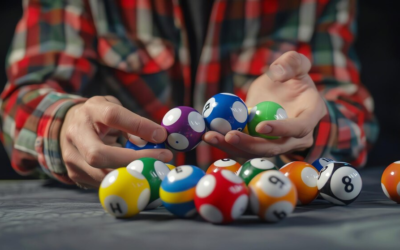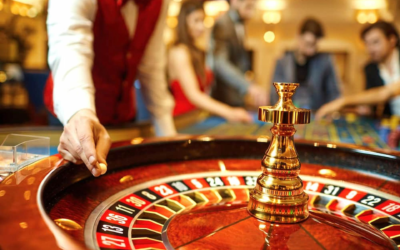Unlocking the Mysteries of Lucky Numbers: From Superstition to Strategy

In the intricate tapestry of human belief and behavior, lucky numbers stand as enigmatic symbols of hope, fate, and fortune. From ancient civilizations to modern societies, individuals have revered certain numbers as auspicious, imbuing them with mystical significance and attributing them with the power to influence destiny. Yet, beyond the realm of superstition lies a fascinating intersection of psychology, culture, and strategy, where the concept of luck transcends mere chance and emerges as a guiding force in the pursuit of dreams.
At its essence, the notion of lucky numbers taps into humanity’s innate desire for control and certainty in an unpredictable world. From infancy, we are conditioned to seek patterns and meaning in the chaos of existence, finding solace in the belief that certain numbers hold the key to unlocking hidden truths and shaping our destinies. Whether inherited from cultural traditions, personal experiences, or serendipitous encounters, lucky numbers serve as talismans of protection and prosperity, guiding us through life’s myriad challenges and uncertainties.
Superstition plays a central role in the cultivation and perpetuation of lucky numbers, as individuals adhere to a myriad of rituals and beliefs in the quest for good fortune. Across cultures and civilizations, specific numbers have attained sacred status, believed to possess intrinsic qualities that bring blessings and ward off evil spirits. In Chinese culture, for example, the number eight is revered for its phonetic similarity to the word for “wealth,” while in Western societies, the number seven is celebrated for its association with luck and divine perfection.
Psychologically, the concept of lucky numbers provides a sense of comfort and empowerment, offering a semblance of control in the face of life’s uncertainties. By attributing significance to specific numbers, individuals create a narrative of personal agency, believing that their choices and actions can influence the course of events in their lives. This psychological phenomenon, known as the placebo effect, demonstrates the profound impact of belief on subjective experiences and outcomes.
Beyond superstition, the concept of lucky numbers also intersects with strategic decision-making, particularly in contexts such as gambling and gaming. In casinos and lotteries around the world, players meticulously select their numbers based on a combination of personal intuition, statistical analysis, and historical data. Whether choosing birth dates, anniversaries, or sequences derived from mathematical algorithms, players believe that certain numbers hold a higher probability of yielding favorable outcomes—a belief rooted in the complex interplay of chance and perception.
The proliferation of digital technologies has further democratized the exploration and application of lucky numbers, with online platforms offering personalized numerological analyses and predictive algorithms. From astrology apps to lottery number generators, individuals can access a wealth of tools and resources designed to enhance their chances of success and amplify their belief in the power of luck. While skeptics may dismiss these innovations as mere gimmicks, proponents argue that they provide valuable insights and guidance in navigating life’s uncertainties.
In the grand tapestry of existence, lucky numbers serve as threads of hope, weaving through the fabric of human experience and connecting individuals across time and space. Whether viewed through the lens of superstition, psychology, or strategy, they embody humanity’s enduring quest for meaning, purpose, and fulfillment. So, the next time you encounter a number that resonates with your soul, remember the profound significance it holds—the potential to unlock the mysteries of fate and chart a course toward a brighter tomorrow.





